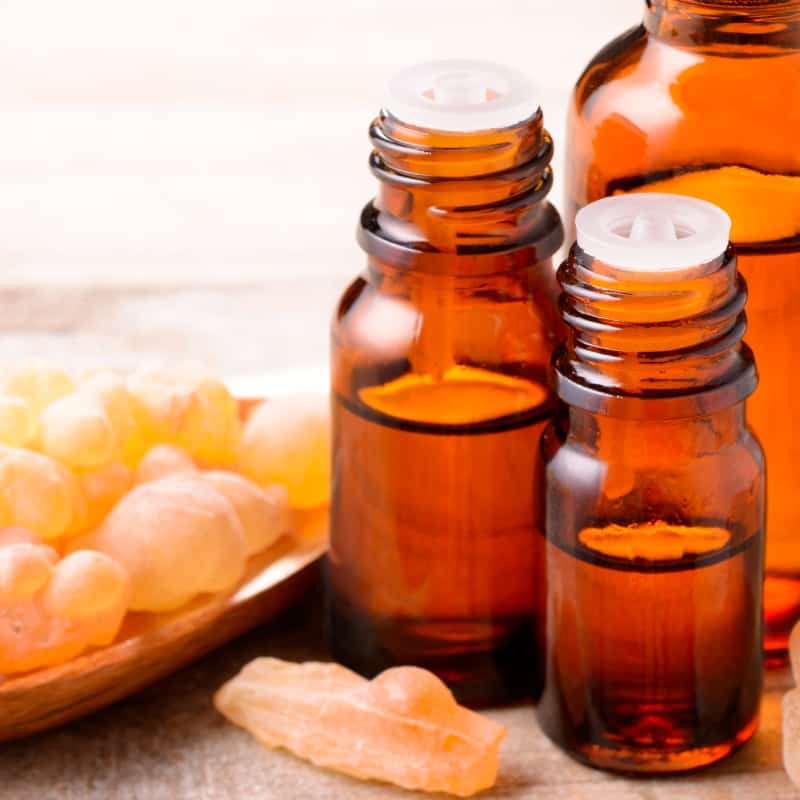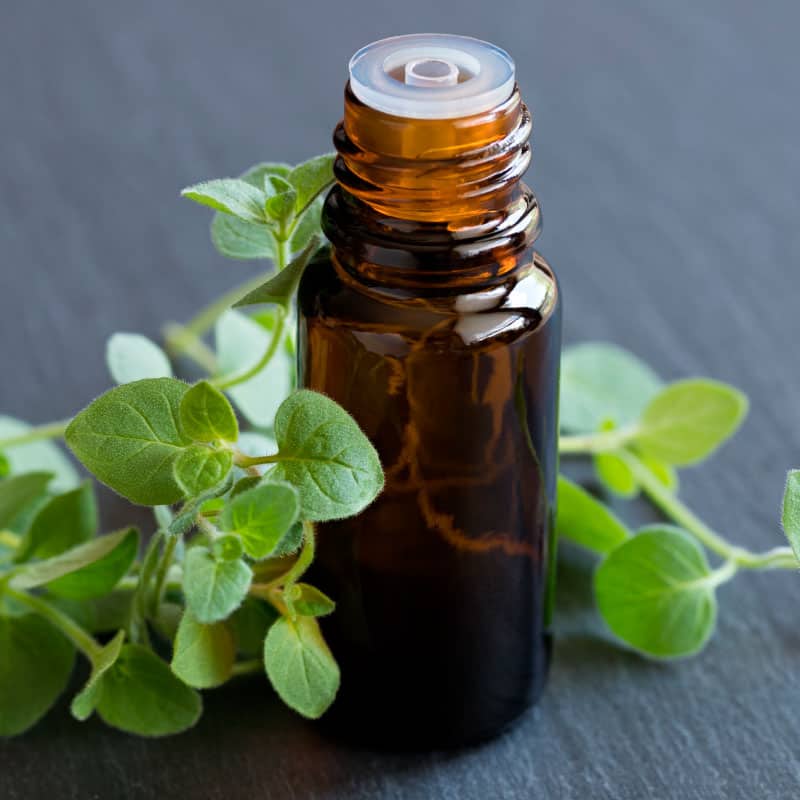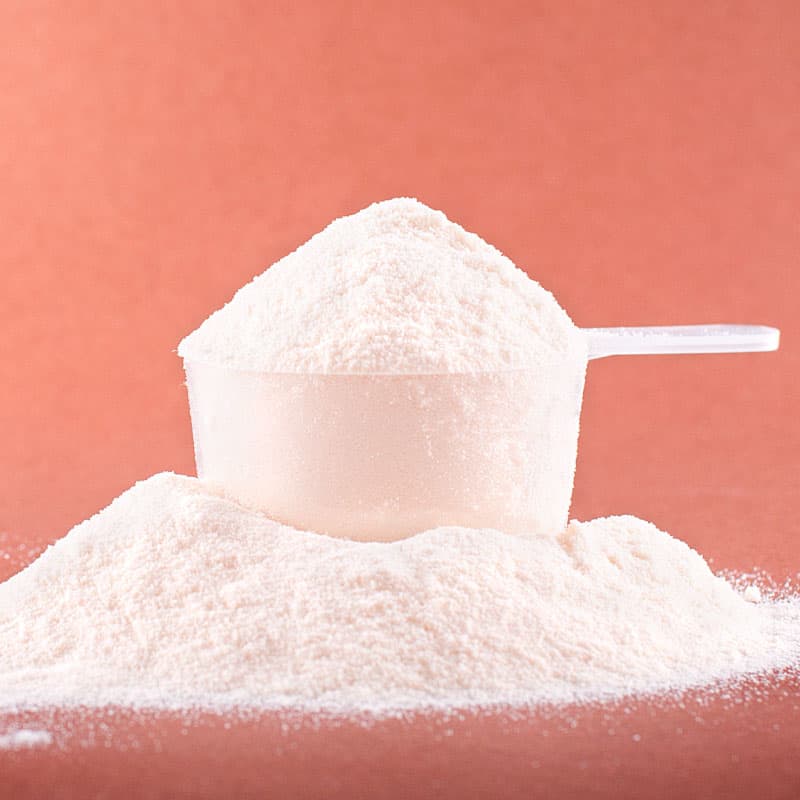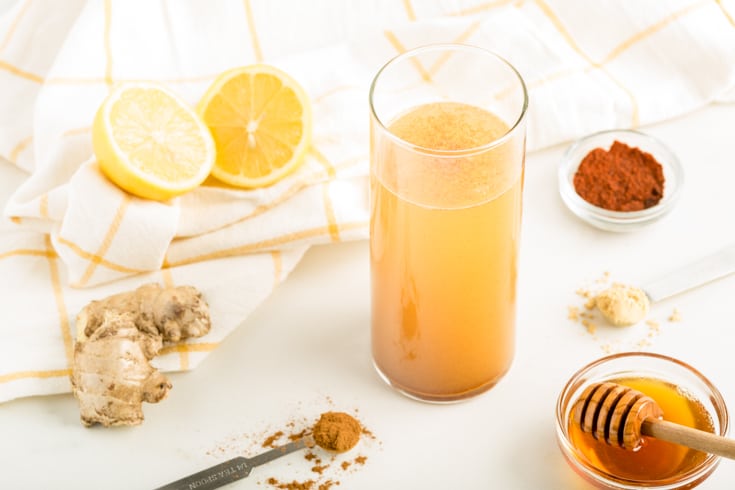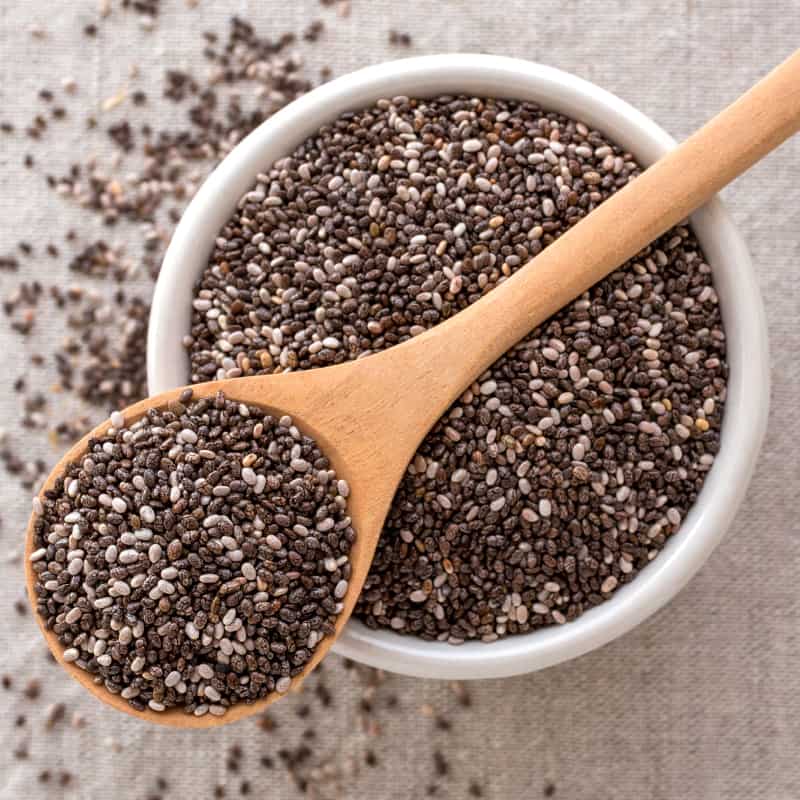This Dr. Axe content is medically reviewed or fact checked to ensure factually accurate information.
With strict editorial sourcing guidelines, we only link to academic research institutions, reputable media sites and, when research is available, medically peer-reviewed studies. Note that the numbers in parentheses (1, 2, etc.) are clickable links to these studies.
The information in our articles is NOT intended to replace a one-on-one relationship with a qualified health care professional and is not intended as medical advice.
This article is based on scientific evidence, written by experts and fact checked by our trained editorial staff. Note that the numbers in parentheses (1, 2, etc.) are clickable links to medically peer-reviewed studies.
Our team includes licensed nutritionists and dietitians, certified health education specialists, as well as certified strength and conditioning specialists, personal trainers and corrective exercise specialists. Our team aims to be not only thorough with its research, but also objective and unbiased.
The information in our articles is NOT intended to replace a one-on-one relationship with a qualified health care professional and is not intended as medical advice.
HDL (‘Good’) Cholesterol May Help Prevent Alzheimer’s
June 9, 2022
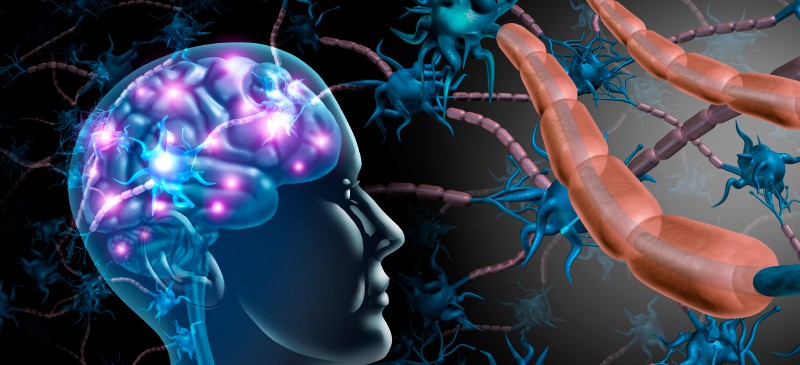
Alzheimer’s disease is a devastating disease, and promising treatment has been fleeting. As a result, the medical and scientific community continues to place a bigger emphasis on the prevention of Alzheimer’s.
To that end, an encouraging new study from the University of Southern California found that higher levels of HDL cholesterol (or “good” cholesterol”) in the fluid surrounding the brain and spinal cord may offer protection from Alzheimer’s.
Let’s dig in to what this study revealed alongside perhaps other natural ways to prevent Alzheimer’s disease (AD), including how to improve one’s levels of good cholesterol.
Study Findings
In the study published in Alzheimer’s & Dementia: The Journal of the Alzheimer’s Association, researchers proposed that “small high-density lipoprotein (HDL) particles reduce the risk of Alzheimer’s disease by virtue of their capacity to exchange lipids, affecting neuronal membrane composition and vascular and synaptic functions.”
In 180 individuals over the age of 60 (average age 77), HDL particles in cerebrospinal fluid and plasma were measured. A link was found between a higher number of small HDL particles in that fluid and two critical indicators that appear to offer protection from Alzheimer’s.
The first indicator was how a better performance on memory, thinking and/or cognitive tests was associated with individuals with higher levels of small HDL particles in their cerebrospinal fluid. Importantly, this was independent of age, sex, education or even if they carried the so-called Alzheimer’s disease gene (APOE4). If the individual didn’t exhibit any cognitive impairment to begin with, then the link was even stronger.
The second indicator of the protective effect? Those with higher levels of small HDL particles in the brain also possessed higher levels of a certain peptide (amyloid beta 42) in their cerebrospinal fluid. According to this same study, higher levels of this peptide are linked to a lower risk for AD.
Scientists suggest that these small HDL particles may assist future treatments for early AD, for example. They say that further studies will help exploit small HDLs for therapeutic purposes, as they hypothesize that these small HDLs help clear and excrete the peptides that form plaques that occur in AD.
How to Raise HDL Levels Naturally
To keep Alzheimer’s at bay, it indeed may be essential to have these small HDL particles lubricating the brain and spine regions in order to keep them healthy, says Dr. Hussein Yassine, USC associate professor of medicine and neurology and co-author of the study.
To keep those brain cells healthy, he says it’s important to use exercise and other methods that help promote the production of these HDL particles.
The great news is that making changes to daily habits like diet and exercise can equate to healthier HDL cholesterol levels, which can lower your risk for AD as well as other life-threatening health issues.
1. Don’t Smoke
Studies show that cigarette smoking adversely affects HDL by lowering its level.
2. Exercise More
Increased physical activity directly helps raise your HDL cholesterol. Vigorous exercise is the best choice for boosting HDL, but any additional exercise is better than none.
3. Decrease Body Weight
If you’re currently overweight, by losing even a few pounds can improve your HDL cholesterol. For every six pounds of weight you lose, your HDL can increase by 1 milligram per deciliter.
4. Eat Healthier Fats
To improve your HDL level and your overall cholesterol, you definitely want to avoid trans fats, which are commonly found in hard margarines, baked goods and fried fast foods. Conversely, you want to consume more healthy fats like those found in avocado, olive oil, nuts and salmon.
Why? Healthy fats help balance out the LDL cholesterol by lowering it and increasing HDL cholesterol.
5. Reduce Refined Carbs
A diet high in refined carbohydrates like white bread, sugar, etc., has a negative effect on your HDL level, so by reducing your intake of these types of carbohydrates you can improve your HDL. Opt for high-quality, healthier carbs like those found in sprouted breads and fruit.
6. Keep Alcohol Consumption Moderate
Moderate alcohol consumption has been linked with higher levels of HDL cholesterol. Moderate consumption for healthy adults is one alcoholic drink per day for women of all ages and men over 65 and up to two drinks per day for mean 65 and under. Organic red wine is a smart choice.
7. Increase Niacin Intake
Niacin is a B vitamin that your body uses to turn food into energy. It also helps keep your digestive system, nervous system, skin, hair and eyes healthy.
Most people get enough niacin or B3 from their diets, but niacin is often taken in prescription-strength doses to treat low HDL levels. Niacin supplementation can raise HDL cholesterol by more than 30 percent but may come with some unpleasant side effects.
A safer bet is to aim to add more to your daily diet. The top niacin-rich foods include turkey, chicken breast, peanuts, mushrooms, liver, tuna, green peas, grass-fed beef, sunflower seeds and avocado.
8. Consider Your Prescriptions
Could one of your current prescriptions be a cause of your low HDL levels? Medications such as anabolic steroids, beta blockers, benzodiazepines and progestins can depress HDL levels. If you take any of these medications, talk to your doctor and consider if there is anything you can do that could take the place of your current prescription.




